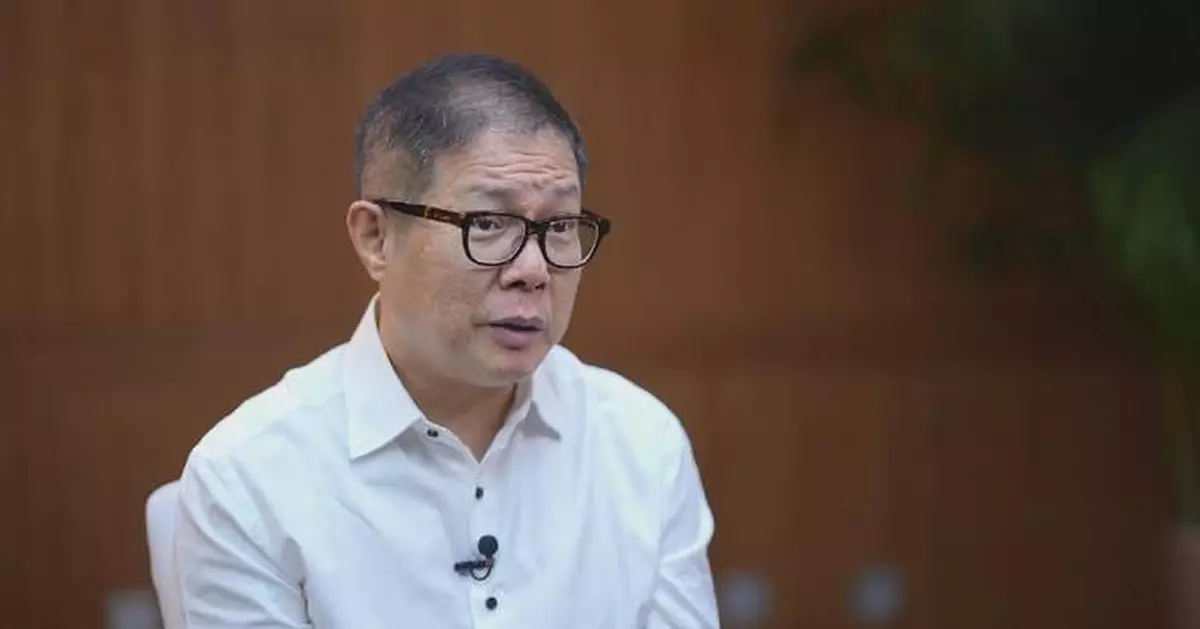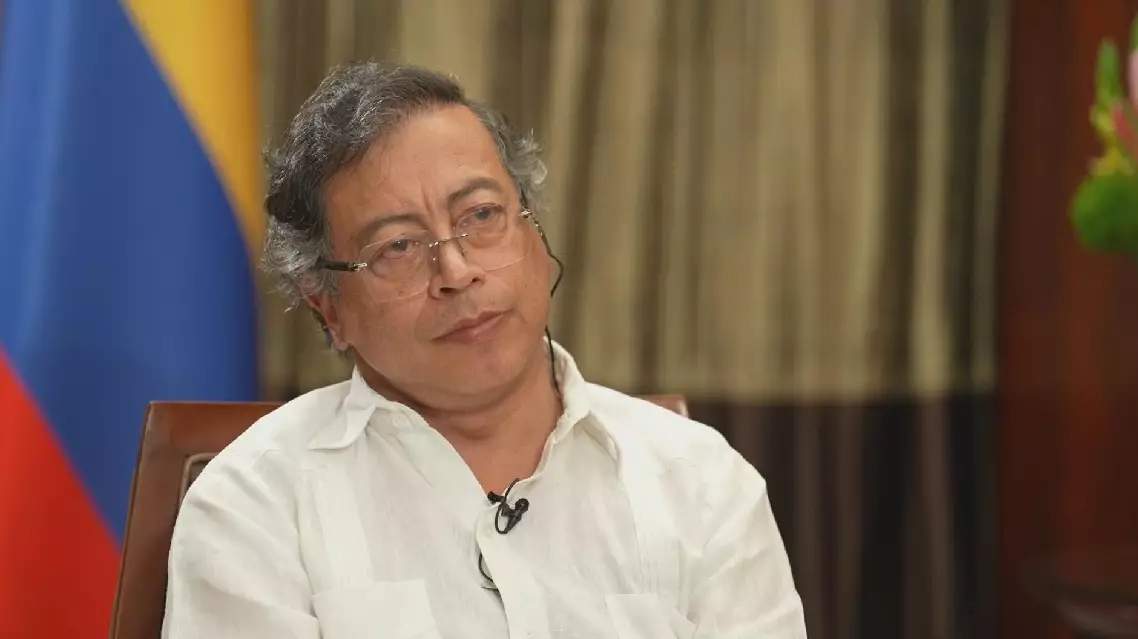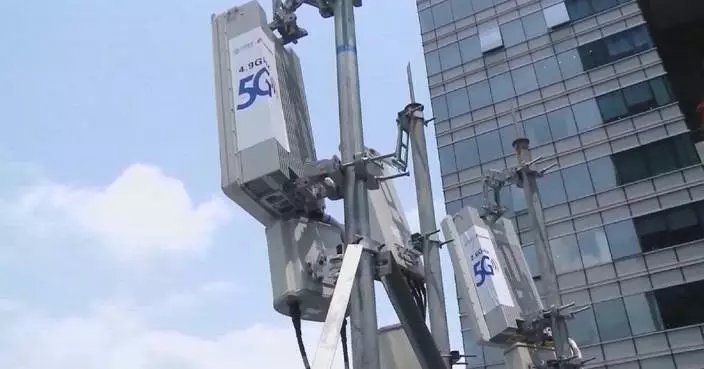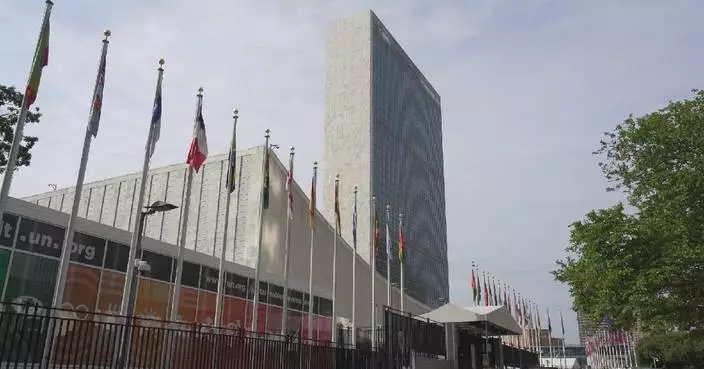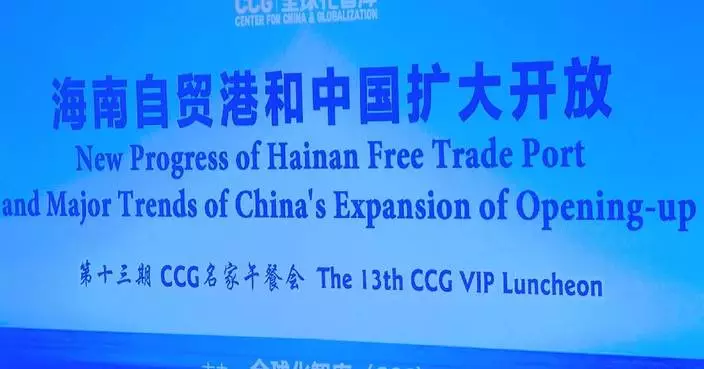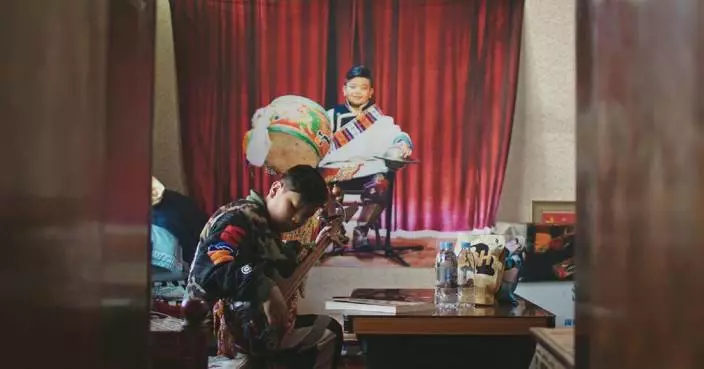China's pharmaceutical industry is poised for exponential growth as innovation and drug pricing reforms have driven market expansion, said Leon Wang, Executive Vice President of pharmaceutical giant AstraZeneca.
Wang made the remarks during an interview with China Global Television Network (CGTN) on the sidelines of the fifth Qingdao Multinationals Summit, held from Tuesday to Thursday.
China's large population, longer lifespan and drug pricing reforms have created favorable conditions to make the country the world's largest pharmaceutical consumption market, according to Wang.
"I think China is potentially the largest pharmaceutical consuming market in the world. Of course [in terms of] the pricing, the U.S. is much higher and Europe and Japan are a little bit behind and China is lower in pricing. But the population is a huge potential in unmet medical needs. And the rising needs and the longer lifespan and all these things create a huge opportunity for a company like AstraZeneca, which is now in the leading position in multinational pharmaceutical companies in China. And also in the supply chain part, every year millions of engineers graduate from university every year, right? And they join the workforce and they work day and night and they work much harder. So I can only see during the COVID-19, the China supply chain was never disrupted and the people were sleeping in the factory, in the company, making sure that goods are manufactured and [that there is] continued supply in the market," said Wang.
Wang also noted that China is becoming a crucial hub for pharmaceutical manufacturing, innovation, and drug approvals, positioning it as a dominant player in the global supply chain.
"So we made number-one [manufacturing] factory in Wuxi about 20 years ago. Ten years ago we built the second factory in Taizhou [City]. And two, three years ago we started thinking about putting our third manufacturing site in Qingdao. And this year we decided the number four manufacturing site in Wuxi," said Wang.
"So I think more will be coming. So I think China will be essential to the world supply chain to make good quality drugs, low cost of goods for all human beings. And second is that new drugs get approved much faster than before, which makes China slightly lagging behind the U.S.,and Europe. And we also see sometimes we can approve a new drug ahead of the U.S., so lots of class-one new drugs are invented in China, they are approved ahead of the globe right? So we are already seeing that, [and]we will see more of it. So the regulatory environment is definitely improving in the past five, 10 years. In the future, 30 to 40 percent of the new drugs approved globally will originate from China, so China first will become a source of innovation, right? Instead of just being source of manufacturing, and the source of consumption," he said.
Leveraging China's wealth of medical data and utilizing artificial intelligence will be crucial for AstraZeneca to become a truly global pharmaceutical leader, said Wang.
"So as a multinational company we think we need to be good and we need to really face the challenge and marry to the China innovation and combine west and east innovation and become a true global company. And that we can leverage large data and also with your genetic sequencing information and also your patient record and visits. So all these diagnosis record pathology, so all these things combining together, there will be a huge wealth of large data. So I think China will be leading in digital and big data and also in artificial intelligence, in helping patients to find the best therapy," he said.
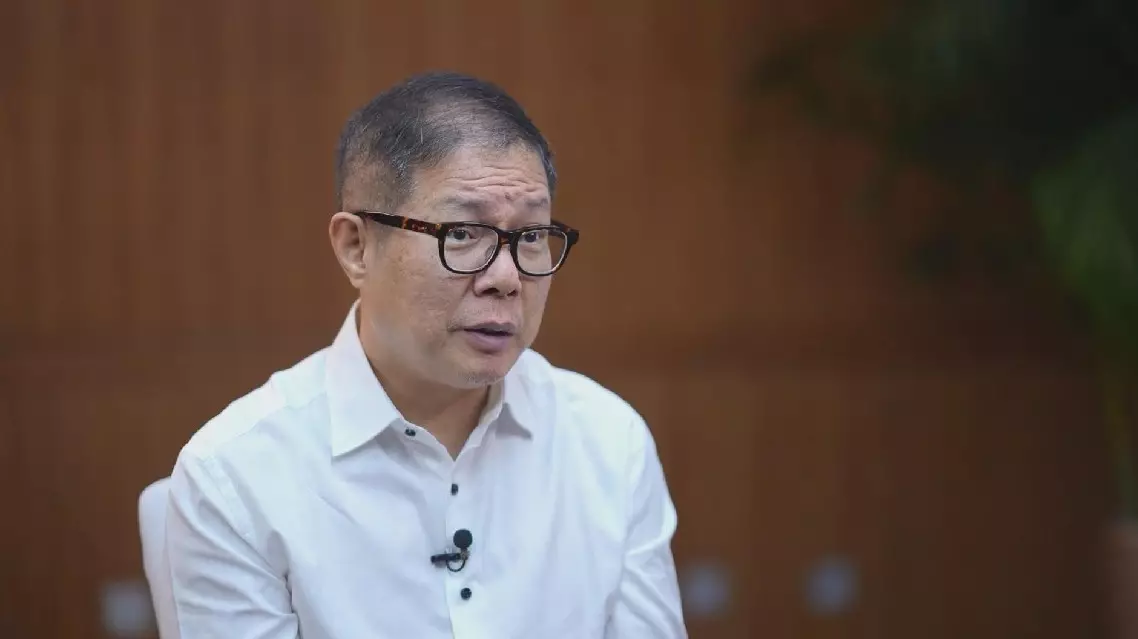
China's pharmaceutical industry poised for exponential growth: industry insider


